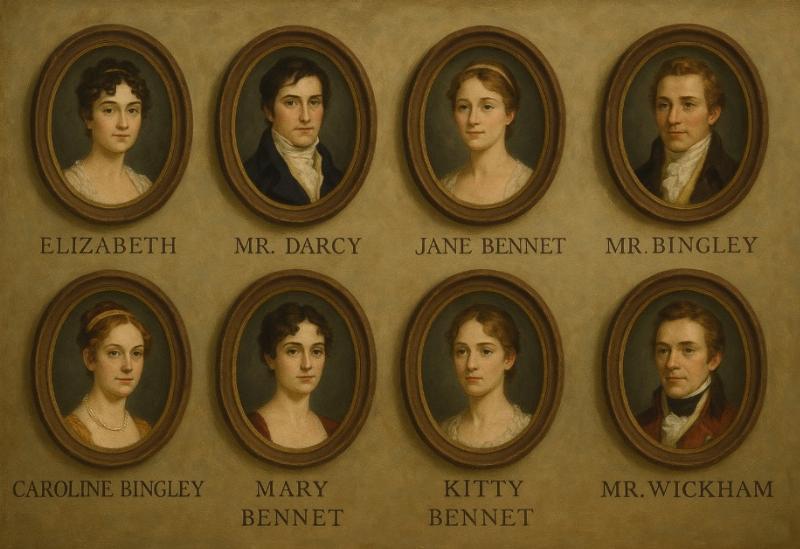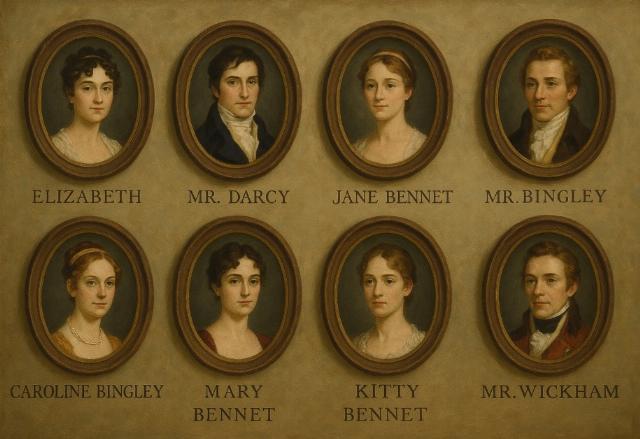


I am a passionate Jane Austen fan, having regularly revisited her books since the late 1970s. Over the years, I’ve enjoyed many of the movie and TV productions based on her books, whether true to the period (i.e, BBC’s superb 1995 production with Colin Firth and Jennifer Ehle) or sillier stuff riffing off the plot (most notably, 2001’s Bridget Jones Diary).
However, what I hate are productions that dress themselves in the garb of the past while taking unseemly liberties, whether with the source material’s values or with history itself. Netflix’s latest Pride and Prejudice adaptation falls into the latter category, for it has cast black actors to play characters in the upper-class English countryside of the early 19th century:
Netflix’s new adaptation of Pride and Prejudice will have a diverse cast.
The streaming giant has become known for efforts to increase ethnic representation on-screen, particularly demonstrated in its hit period drama Bridgerton, and has now turned its attention to a British classic.
A new series based on Jane Austen’s 1813 novel will feature Mr Bingley and his sister Caroline played by mixed-race stars.
This is just so stupid—and so lacking in imagination. If you want a “diverse” cast, create something new and original, without relentlessly visiting the Jane Austen well. The particular milieu in which Austen’s story is set doesn’t need to have the DEI brush painted across it.
Alternatively, do something entirely original by removing the story from its historical setting, but retaining its core values. Jane Austen lived according to a strong, Christian moral code. Her characters pursued happiness, not in the 21st-century sense of “jump into bed” or “buy lots of stuff” happiness, but in the 18th-century way, which was to aspire to virtue.
Thus, in every one of Austen’s books (e.g., Sense and Sensibility, Pride and Prejudice, Persuasion, etc.) there is a moral arc that sees virtue rewarded with a stable, loving relationship, and sin punished, whether by social opprobrium or an unhappy life. A creative movie could set Pride and Prejudice in the modern era, but focus entirely on those core Austen values.
A values-based Austen movie could have any type of cast and setting. Think, for example, of the underrated 1995 movie of Shakespeare’s Richard III, which was set in 1930s fascist England (kind of prescient when you think about it). If you’re going to focus on the core content, then you can give great actors of any race a chance to play featured roles.
However, if you’re going to go overboard to lend an air of verisimilitude in other ways (e.g., costumes, settings, etc.)—which the costumes and settings shown in the promo photo suggest—then don’t suddenly stick black people into an upper-middle-class home in the British countryside.
This kind of DEI remake is the worst of all possible worlds, because the clear intention isn’t to entertain or be dynamically creative. Instead, it’s to rewrite history to conform to modern leftist values. And of course, in this case, the rewrite is to instruct white Britons, those with centuries or even millennia-long ties to the land, that it’s not really their land at all.

Image by ChatGPT, which didn’t need to be prompted to make all the characters white.
